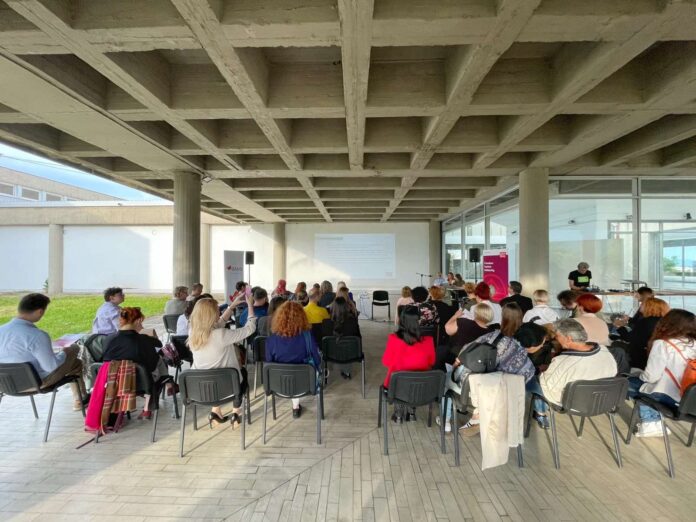Less and more expensive water

The deal took many months to be closed, but on the eve of May Day, Greece and Bulgaria agreed to a five -year arrangement for the waters of the Arda River.
In these five years, Greece will have to build new infrastructure in the region so that it can store water, as existing infrastructures are unhappy and dissolved.
That is, the issue has not expired and farmers are anxious about where they will find water for their crops, as large quantities are required.
Experts warn that they need immediate plans to rationalize water management not only in northern Greece but throughout the country where reservoirs are empty and rains are diminishing.
The conclusion? Water not only diminishes but becomes more expensive, year after year.
Officially at this time, 14 communities are facing a major water scarcity problem – from Xanthi to Crete, Lesvos, Santorini and Mykonos.
As for the Plain of Thessaly, considered the country’s grain, scientists find that the underground aquifer has fallen significantly due to excessive irrigation.
According to the latest European Union report, water scarcity affected 34% of EU territory during at least one season in 2022.
The percentages are expected to be even higher for the coming years, for which we do not yet have overall data but we know that they were even more anhydrous.
Despite a 19% decrease in water pumping between 2000 and 2022, no total decrease in the area affected by water scarcity.
In fact, the situation has been getting worse since 2010.
This, coupled with the fact that climate change is expected to further increase the frequency, intensity and effects of drought phenomena, makes it unlikely to reduce water scarcity by 2030.
The conclusion here, as in most previous reports, is that additional efforts are needed to ensure sustainable water use.
Half the world population is already facing water scarcity and that number is expected to increase as the climate crisis is deteriorating, according to a recent World Committee on the Water Economy.
The demand for fresh water will exceed 40% by the end of the decade, because the planet’s water systems are under « unprecedented pressure », according to the report.
The Commission has found that governments and experts have largely underestimated the amount of water a person needs to have a decent life. While 50 to 100 liters a day are required for each person’s health and hygiene, people in fact need about 4,000 liters a day to have adequate nutrition and a decent life.
The World Water Monitoring Exhibition 2024, using data from thousands of ground stations and satellites in orbit around the Earth to evaluate critical water variables, such as rainfall, soil moisture, river flows and floods, came to the conclusion of the water. Floods and exterminating droughts affecting billions of people.
Water disaster analysis in 2024, which was the hottest year recorded, found that at least 9,000 people were killed, more than $ 40 million had to leave their homes and caused a financial damage of more than $ 550 billion.
But the most urgent are the ways in which water scarcity should be treated. Particularly in the EU, where, according to surveys, one quarter of processed water flows through outdated networks.
Recently, EU Environment Commissioner Jessica Rosval told the FT that EU’s constant focus on energy ensuring Russia’s invasion of Ukraine is being caught in the detriment of tackling a water supply crisis that is going to have a major impact on businesses.
« We have talked very little about water and we have talked about energy efficiency and energy … This is really important, of course, but water is also very important and we have a shortage in Europe, » he said.
Droughts have « increased dramatically » in number and intensity in the EU, with areas and people affected by almost 20% between 1976 and 2006, according to the World Meteorological Organization.
Farmers in particular have suffered abrupt reductions in crop yields, but the impact of water lack will also hurt industries.
Despite concerns about increasing pressure in industry and agriculture, few have been made to improve pipes in EU countries. In older networks, such as Greece, the loss is even greater…




/s3/static.nrc.nl/images/gn4/data132123766-476cec.jpg)


